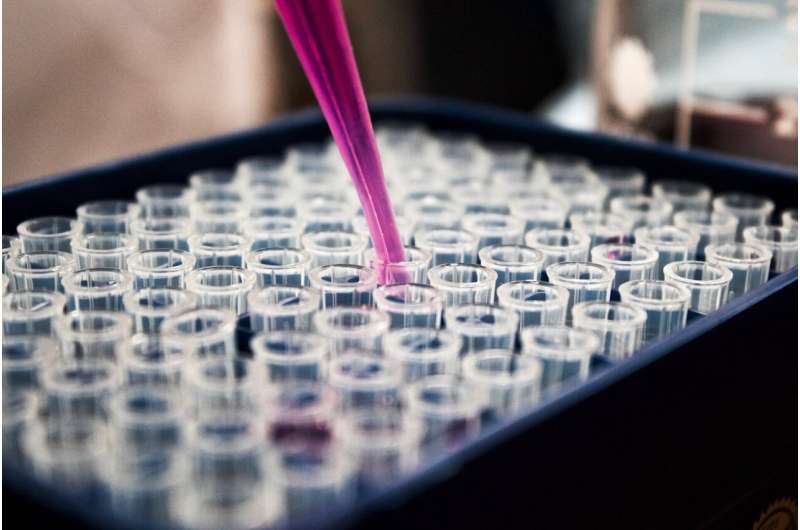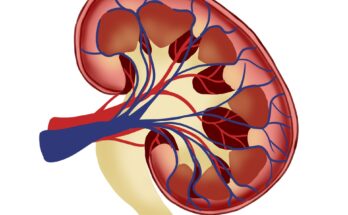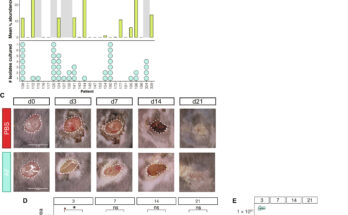
Fucoidan, a kind of sulfated polysaccharide present in brown algae, is considered as a promising therapeutic agent because of its multiple bioactivities.
Despite growing evidence that fucoidan has a protective effect on diabetes, the effect of fucoidan on brain abnormalities in type 2 diabetes mellitus (T2DM) patients remains unclear.
Recently, a research team led by Prof. Zhang Quanbin from the Institute of Oceanology of the Chinese Academy of Sciences (IOCAS) discovered that low molecular weight fucoidan (LMWF) could promote angiogenesis in db/db mice (type 2 diabetes mice).
The study was published in International Journal of Biological Macromolecules on July 13.
The researchers used a low molecular weight fucoidan (LMWF) prepared from saccharina japonica to investigate its effect on the cerebrovascular damage in db/db mice. Results showed that the degree of cerebrovascular damage, the number of apoptotic neuronal cells and the inflammatory response in db/db mice were decreased after the treatment with LMWF.
Moreover, they found that LMWF could promote the brain angiogenesis in db/db mice by up-regulating CD34 (a neovascular marker) and vascular endothelial growth factor A (VEGFA) expression.
Further study showed that LMWF alleviated vascular injury by up-regulating the expression of phosphorylated PI3K (phosphoinositide 3-kinase) and phosphorylated AKT (Protein kinase b).
“The expression level of CD34 in the db/db group was lower than that in the normal group, while the expression level of CD34 was up-regulated in the brain of LMWF treated mice. This suggests that LMWF may affect angiogenesis,” said Li Zhi, first author of the study.
LMWF could up-regulate CD34 expression in db/db mice brain, and the results were confirmed in both in vitro human umbilical vein endothelial cells (HUVECs) and in vivo zebrafish embryos. The researchers found that it was difficult for HUVECs to form a tubular structure under high concentration of glucose, while the lumen formation of HUVEC endothelial cells was rescued by LMWF. And also, in in vivo zebrafish embryos model, they found the sub-intestinal vessel angiogenesis under high glucose environment was also promoted by LMWF.
“Our study indicates that LMWF has the potential to develop a cerebrovascular protection agent for type 2 diabetes patients,” said Prof. Wu Ning, the corresponding author of the study.
Zhi Li et al, Low molecular weight fucoidan alleviates cerebrovascular damage by promoting angiogenesis in type 2 diabetes mice, International Journal of Biological Macromolecules (2022). DOI: 10.1016/j.ijbiomac.2022.07.053
Citation:
Fucoidan can alleviate cerebrovascular damage in type 2 diabetes mice (2022, July 20)
retrieved 8 August 2022
from https://medicalxpress.com/news/2022-07-fucoidan-alleviate-cerebrovascular-diabetes-mice.html
This document is subject to copyright. Apart from any fair dealing for the purpose of private study or research, no
part may be reproduced without the written permission. The content is provided for information purposes only.
Source link




